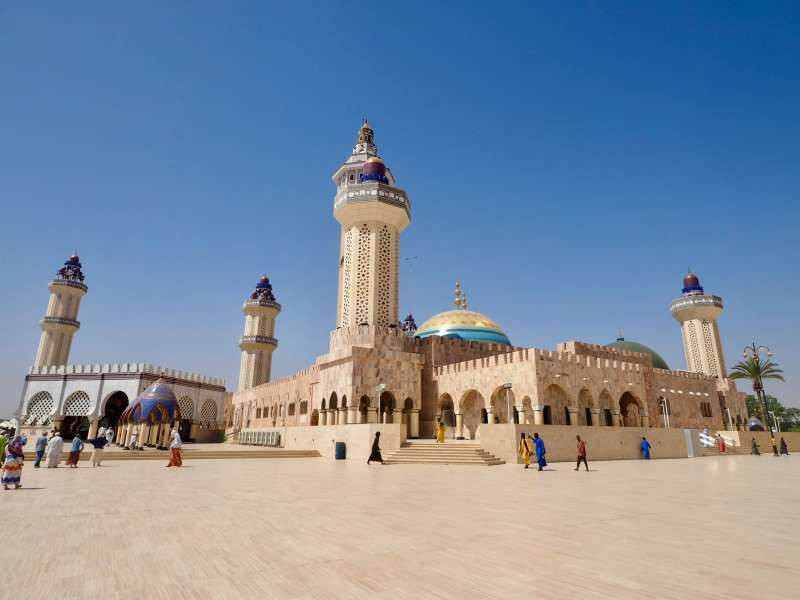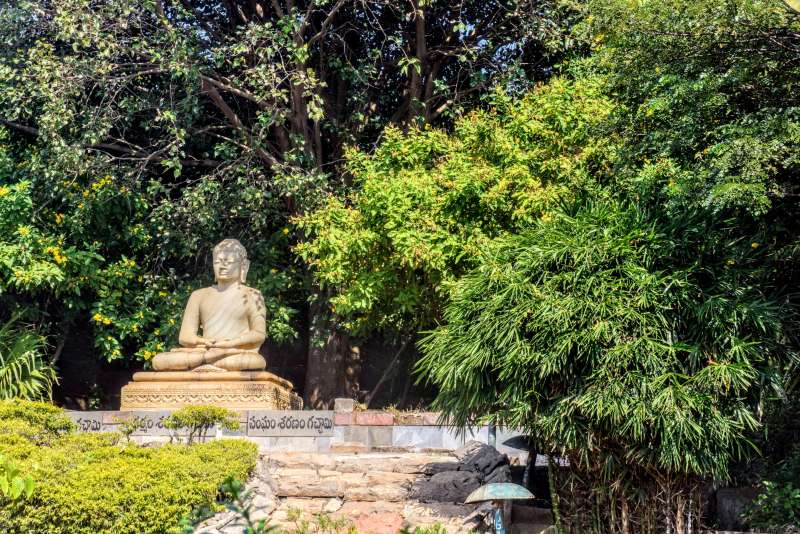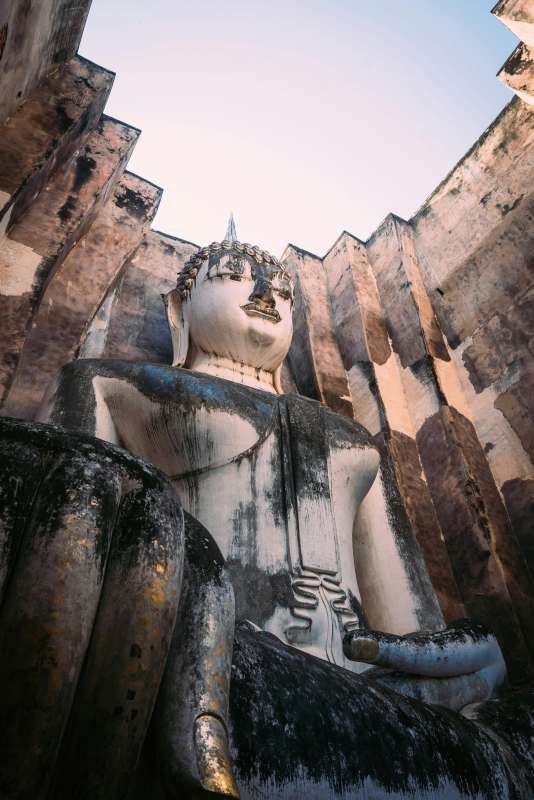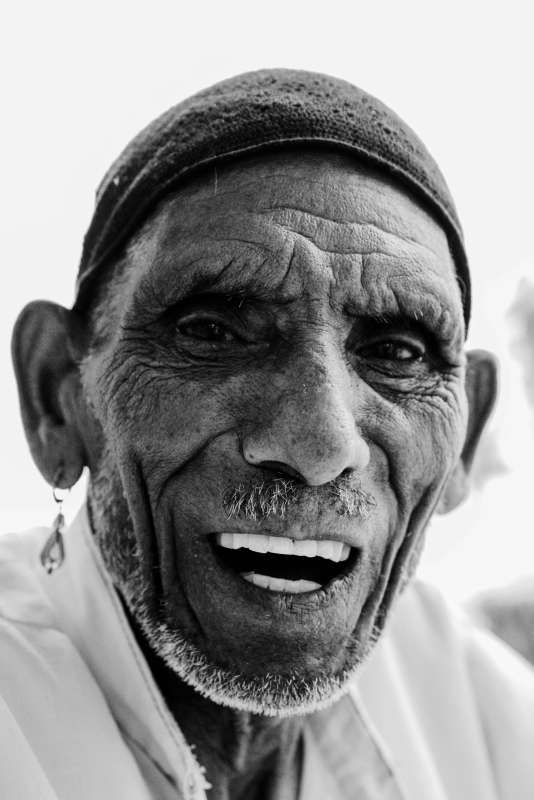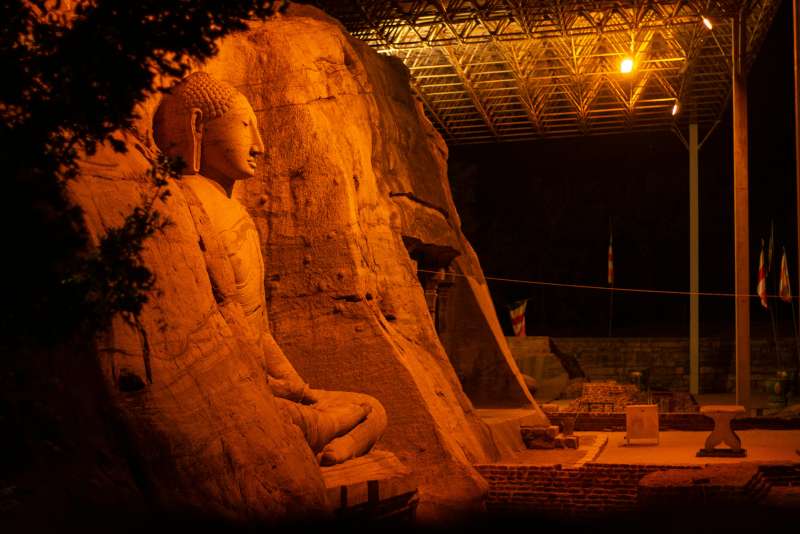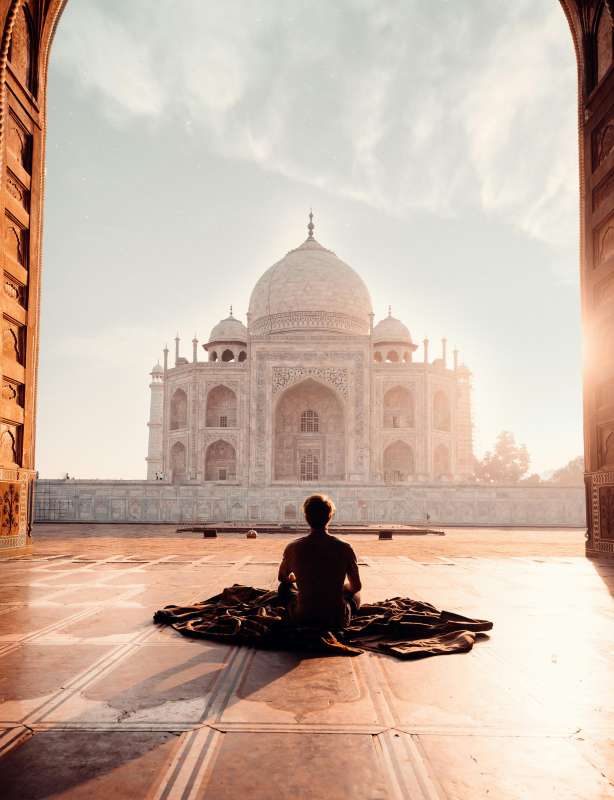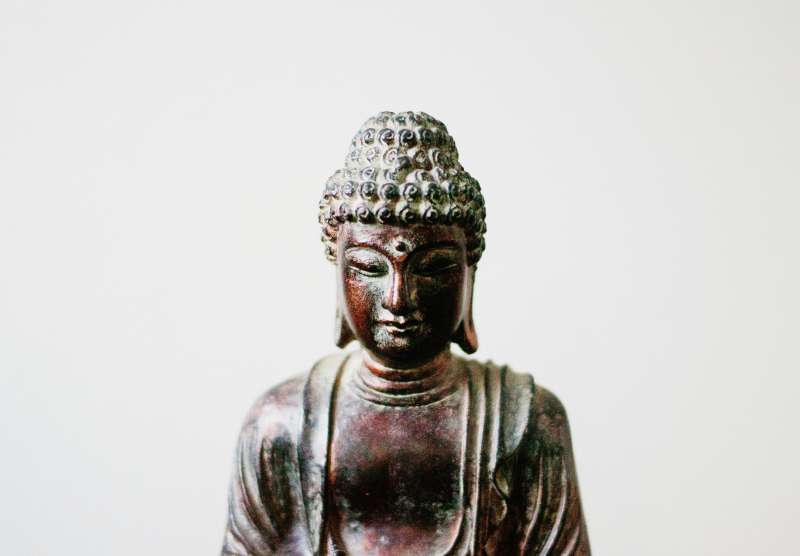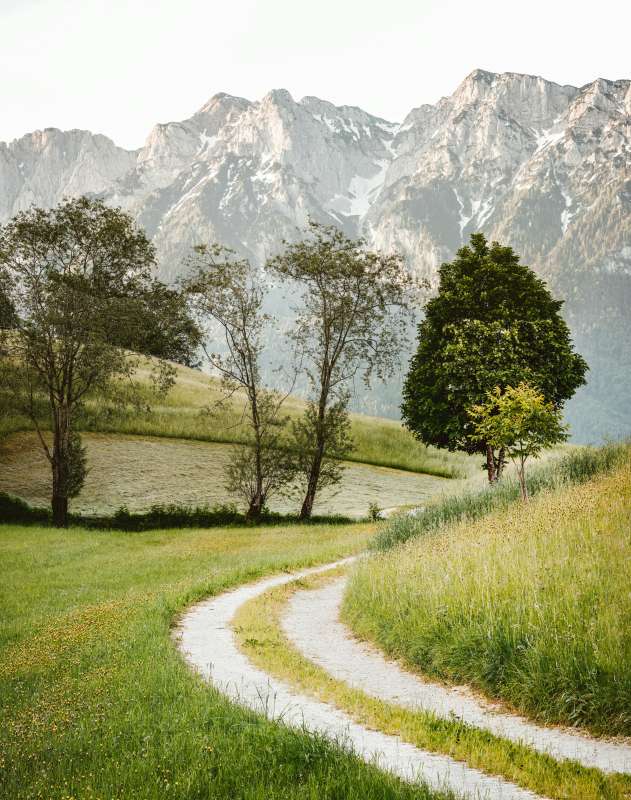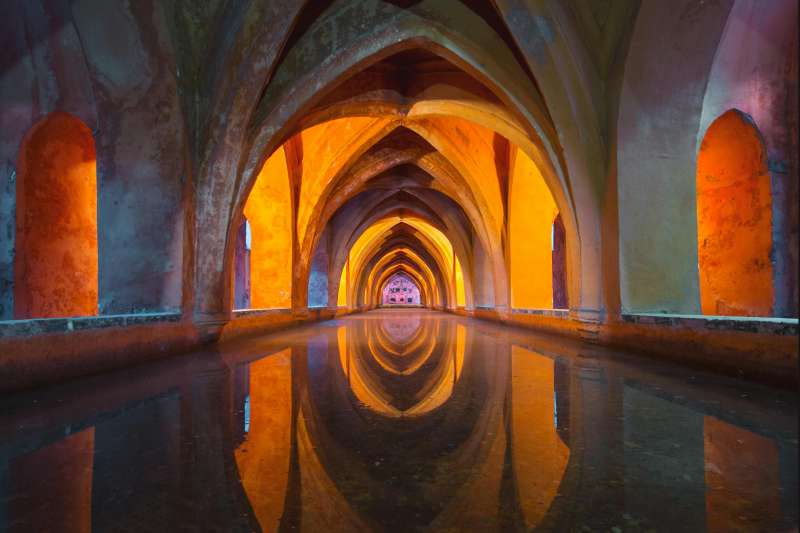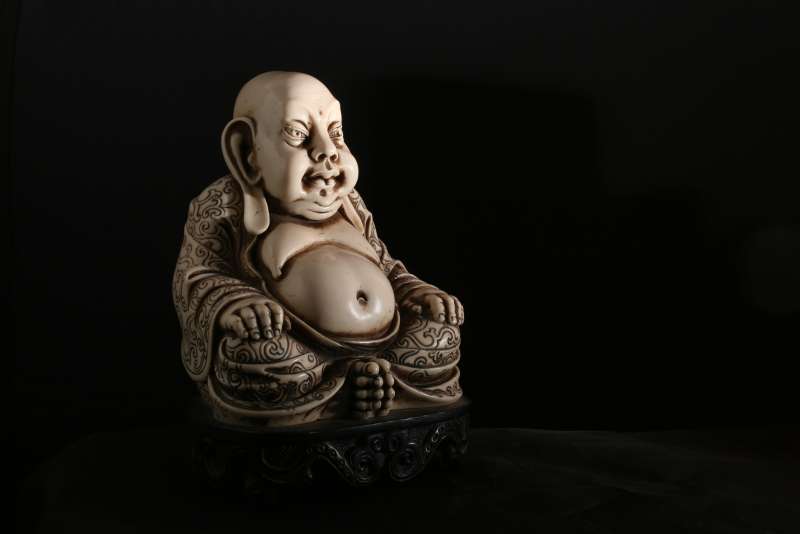Grand Magal of Touba: The Journey of Faith Through the Heart of Senegal
Published on: April 27, 2025
The Origins of the Grand Magal
The Grand Magal of Touba is the annual commemoration of the exile of Sheikh Amadou Bamba (1853–1927), founder of the Mouride Brotherhood, one of Senegal’s largest Sufi orders. In 1895 the French colonial authorities, alarmed by Bamba’s growing following and his message of spiritual autonomy, deported him—first to Gabon, then to Mauritania. His peaceful resistance and unshakable faith transformed exile into a symbol of moral victory. Each year on the 18th of Safar (the second month of the Islamic calendar), millions of Mourides retrace that journey in pilgrimage to Touba, the holy city Bamba founded in central Senegal. Through prayer, song, and communal service, they celebrate not only his return from exile but the enduring values he taught: hard work (ñaatal), knowledge (jàng), and devotion (tawḥīd).
Sheikh Amadou Bamba’s Exile and Its Meaning
When Bamba was sent away in 1895, he convinced his followers to remain peaceful. Rather than foment rebellion, he wrote poetry and Qur’anic commentaries in exile, sending them back to Senegal. His writings emphasized inner spiritual struggle (jihād al-nafs) over armed conflict. To Mourides, his exile exemplifies the triumph of faith over oppression. Returning from exile in 1902, Bamba was greeted by tens of thousands who had built Touba around the sacred mosque he had begun constructing years earlier. The Grand Magal thus marks both his physical return and the victory of his spiritual message.
The City of Touba: Heart of Mouridism
Touba, meaning “good news,” lies some 200 kilometers east of Dakar. It grew from a small settlement into Senegal’s second-largest city, home to over a million pilgrims during the Magal. The Great Mosque of Touba, with its iconic green-and-white minarets, dominates the skyline. Constructed under Bamba’s guidance, it symbolizes the unity of God and the communal ethos he preached. Surrounding the mosque is a dense network of living quarters, markets, and zawiyas (prayer lodges), where disciples (murids) study, work, and prepare for the Magal.
Pilgrimage Preparations and Ranks of Devotion
Weeks before the Magal, Mouride communities across Senegal and the diaspora organize travel, communal meals, and sleeping arrangements in Touba. Devotees sponsor “services” (khidma) such as feeding stations, free clinics, and Quranic schools. Each khidma is a form of spiritual offering, believed to earn blessing for the sponsor and the community. Pilgrims wear simple white boubous—symbolizing purity—and carry gourds of water from their home towns, hoping the blessing of Touba will accompany them back.
Rituals of the Grand Magal
- Dawn Prayer (Subh): The day begins before sunrise with congregational prayer in the Great Mosque. The imam recites verses praising Bamba’s devotion and calling the faithful to perseverance.
- Procession of the Calabash: A decorated calabash containing soil from Bamba’s tomb is carried through the city. Followers touch it, believing it imparts spiritual protection and baraka (blessing).
- Recitation of Bamba’s Writings: In open squares, groups chant Bamba’s poems and letters. The rhythmic cadence reinforces communal identity and transmits his teachings orally.
- Feeding the Poor: Massive communal meals of rice, fish, and vegetable stew are served gratis. This act of charity (zakāh) echoes Bamba’s emphasis on caring for the needy.
- Evening Dhikr: As night falls, pilgrims gather for dhikr—repetitive chanting of God’s names—often led by prominent marabouts (spiritual guides). The air fills with devotional songs blending Arabic, Wolof, and Pulaar.
Social and Economic Impact
During Magal, Touba’s population swells by up to five million. Local entrepreneurs rent mats, sell food, and provide transport services. Remittances from Mouride traders worldwide help fund city infrastructure: roads, water systems, and the expanding Grand Mosque. The festival thus drives both spiritual renewal and economic development, reinforcing the Mouride ethic that worship and work are inseparable.
A Local’s Story: Mariama’s Journey
Mariama Diop, a schoolteacher from Kaolack, makes the pilgrimage every year with her three children. “When I touch the calabash soil,” she says, “I feel my worries lift. I came here in 2005 as a student, and Touba gave me purpose. Now I bring my children so they learn Bamba’s values: respect, discipline, love of knowledge.” Mariama sponsors a khidma feeding station each Magal, believing that feeding strangers brings blessings to her classroom back home.
Mouride Diaspora and Global Reach
Mouride communities in Europe, North America, and West Africa hold mini-Magals in their neighborhoods. They stream sermons from Touba, distribute dishes of ceebu jën (rice and fish), and organize study circles on Bamba’s writings. These global gatherings sustain ties to Touba and allow second-generation immigrants to inherit Mouride identity.
Cultural Expressions: Music, Dress, and Art
Senegalese popular music often references Bamba’s poems. Sufi jazz bands perform spiritual tunes during Magal, mixing saxophone riffs with calabash percussion. Artisans sell calligraphic panels of Bamba’s verses. The white and green colors of Mouridism—white for purity, green for the Prophet Muhammad’s lineage—adorn clothing, flags, and decorative textiles.
Magal Beyond Religion: National Unity
Though a Mouride event, the Grand Magal draws Muslims of all orders and some non-Muslims who respect Bamba’s message of peace. The Senegalese state recognizes the Magal as a national holiday, closing schools and government offices. President and political leaders visit Touba, emphasizing its role in national identity and social cohesion.
Challenges and Continuity
Rapid urban growth strains water and sanitation in Touba. Organizers work with NGOs to improve healthcare and waste management each Magal. Meanwhile, younger Mourides use social media to livestream sermons and coordinate volunteer efforts, ensuring the festival adapts while preserving its core spiritual purpose.
The Enduring Path of Faith
The Grand Magal of Touba is more than a pilgrimage: it is a living tradition that weaves together faith, culture, and community. By retracing Sheikh Amadou Bamba’s exile, Mourides affirm values of peace, learning, and service. In the heart of Senegal, the festival’s rhythms—prayer, song, charity—remind millions that the journey of faith is both personal and collective, rooted in history yet ever renewed with each generation.
